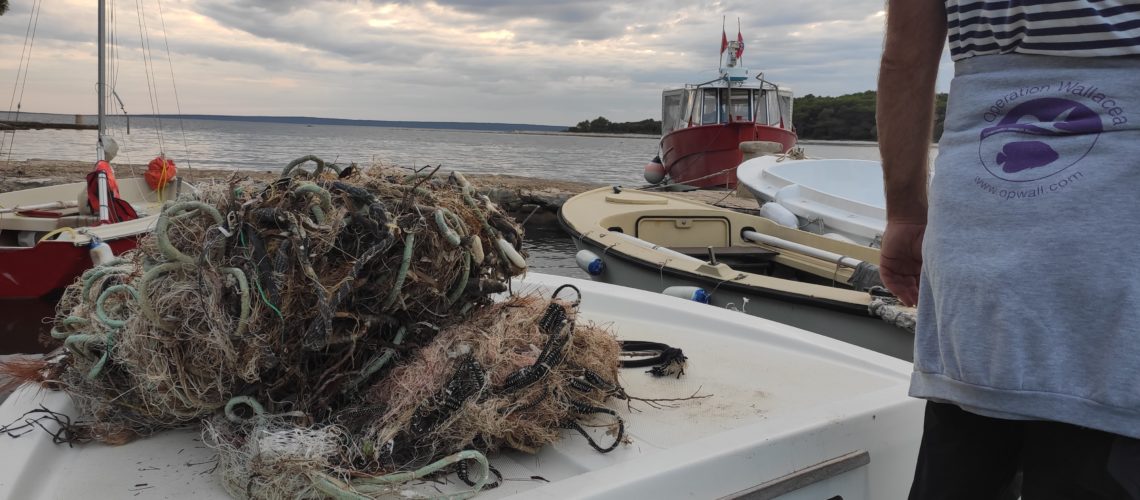
“Fishing for ghost nets” is a new project program within the initiative of the Society 20,000 Leagues “Together against marine litter” that has been lasting since 2016. The project implements specific activities and measures aimed at preserving and improving the status of marine habitats in the seabed north of the Zadar archipelago. The islands of Ist, Škarda, Premuda, Olib and Silba are constantly inhabited by a small number of people, but the sea around these islands hides some of the more famous fishing positions that are still attractive today. Attractive fishing positions entail a greater possibility and frequency of loss of fishing gear. Discarded and / or lost fishing gear continues to “hunt” and is a major problem for the marine ecosystem.
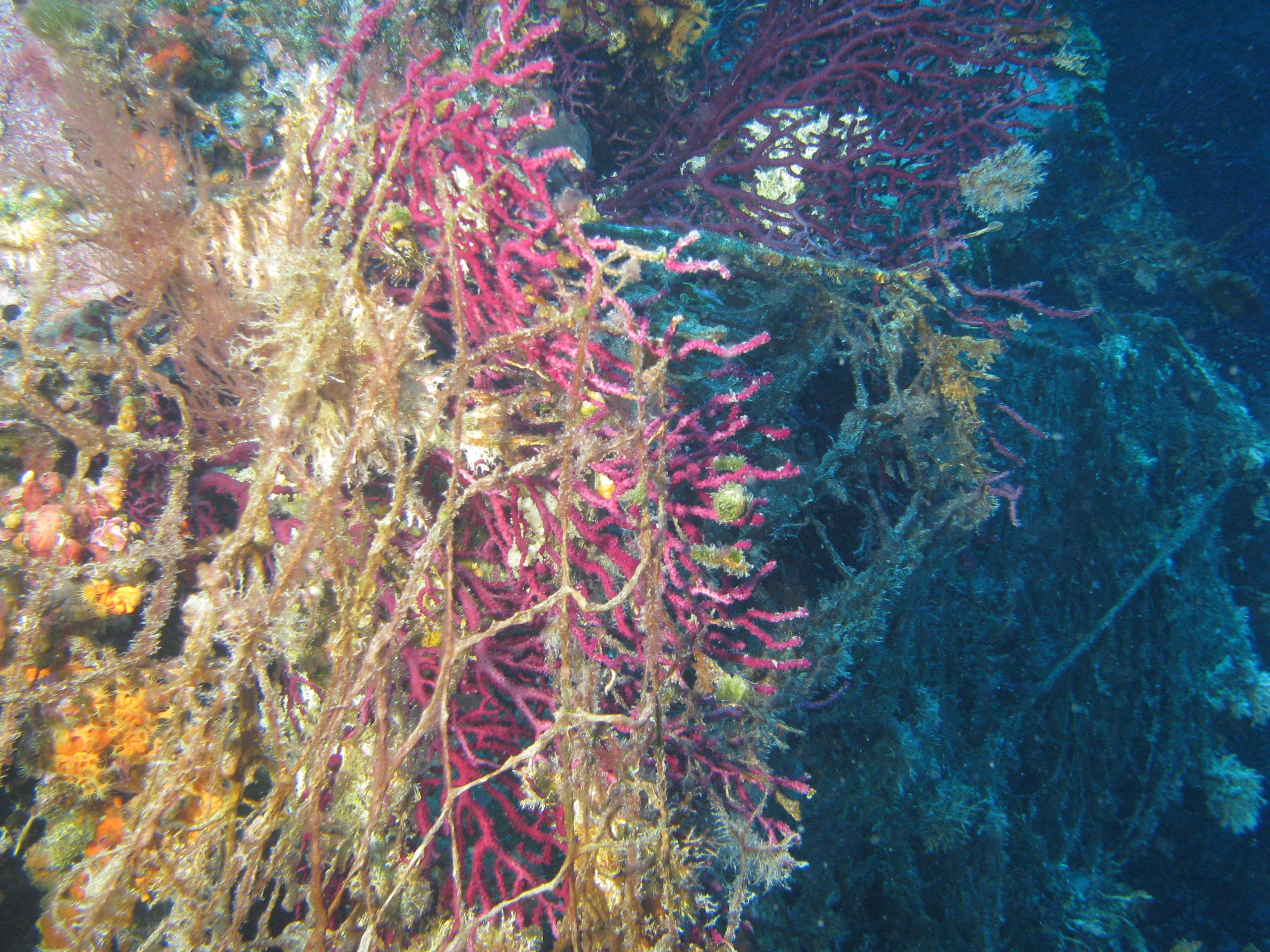
Estimates based on scientific research estimate that fishing gear accounts for 27% of total alluvial marine litter. Although the real amount of lost fishing gear left in the sea is difficult to estimate, the negative impact of lost fishing gear is known: further entanglement and destruction of marine organisms, seabed cover and congestion, tearing and destruction of sessile organisms, habitat destruction, risk of diver entanglement,… It is estimated that almost 20% of fishing gear is lost at sea on EU level .
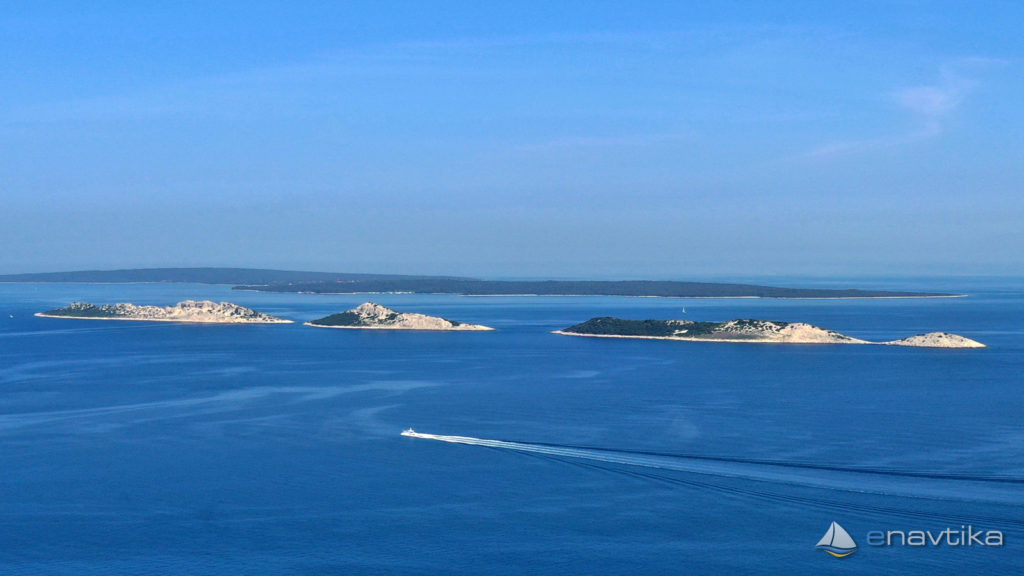
In the area of the northern Zadar archipelago there are several protected marine areas that are part of the Natura 2000 ecological network (HR3000054 Premuda – outside; HR3000060 Sea around the island of Škard; HR3000061 Shoals around Maslinjak, Aquarius, Kamenjak; HR4000025 Silbanski reefs, HR3000053 Silba – submarine; Olib – submarine, HR3000063 Passage between Zapuntel and Ist). The mentioned areas of the Natura 2000 ecological network as well as the surrounding areas are of exceptional biological importance and an attractive tourist destination. The conservation status of this seabed needs to be maintained and improved, but there are many threats to the conservation of biological and landscape diversity – intensive tourism, illegal construction, overfishing, pollution, and thus pollution by lost fishing gear.
By conducting several meetings with fishermen (one by one), we gained insight into the locations of lost fishing gear and information that will be used to assess the condition and impact (frequency of loss of fishing gear, type of fishing gear, successful removal, suggestions and problems of fishermen with that issue). We will continue these meetings through the project. During several field trips, we inspected several fishing areas and mapped locations obtained from the fishermen, as well as searching for lost fishing gear with the help of a ROV and divers. We carried out underwater cleaning actions with divers in several stages on suitable locations with minimal safety risk for divers. During the inspection and dive, we recorded and documented the state of the seabed with special emphasis on organisms that were negatively affected by lost fishing gear. We also carefully reviewed and documented all the extracted material.
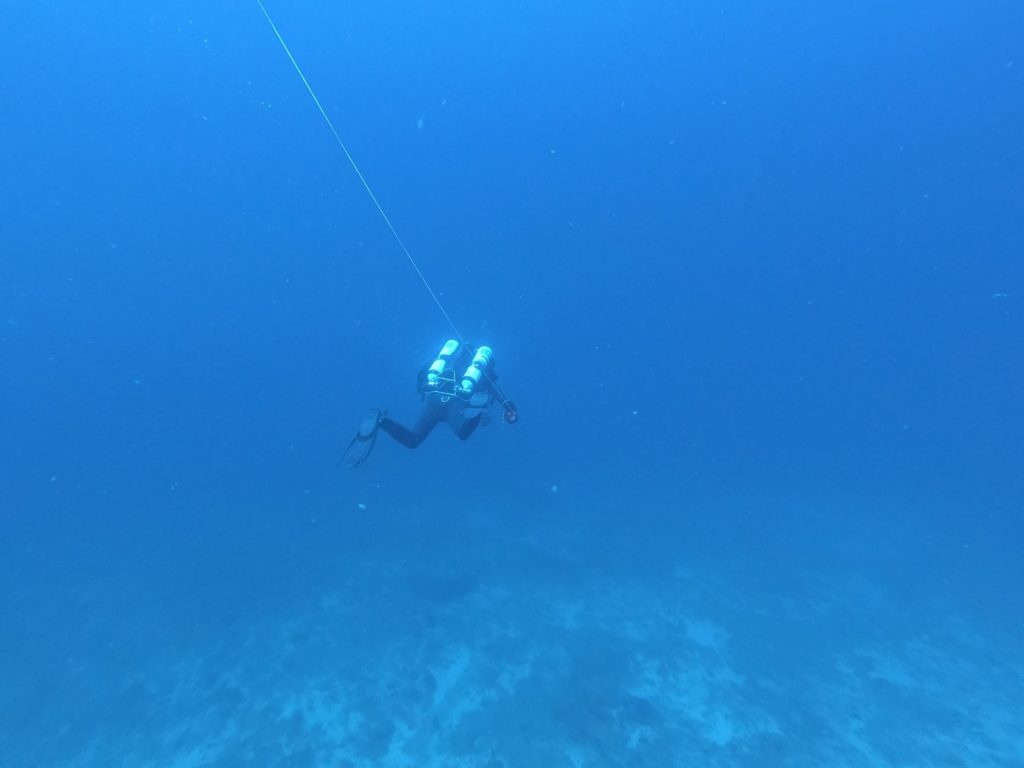
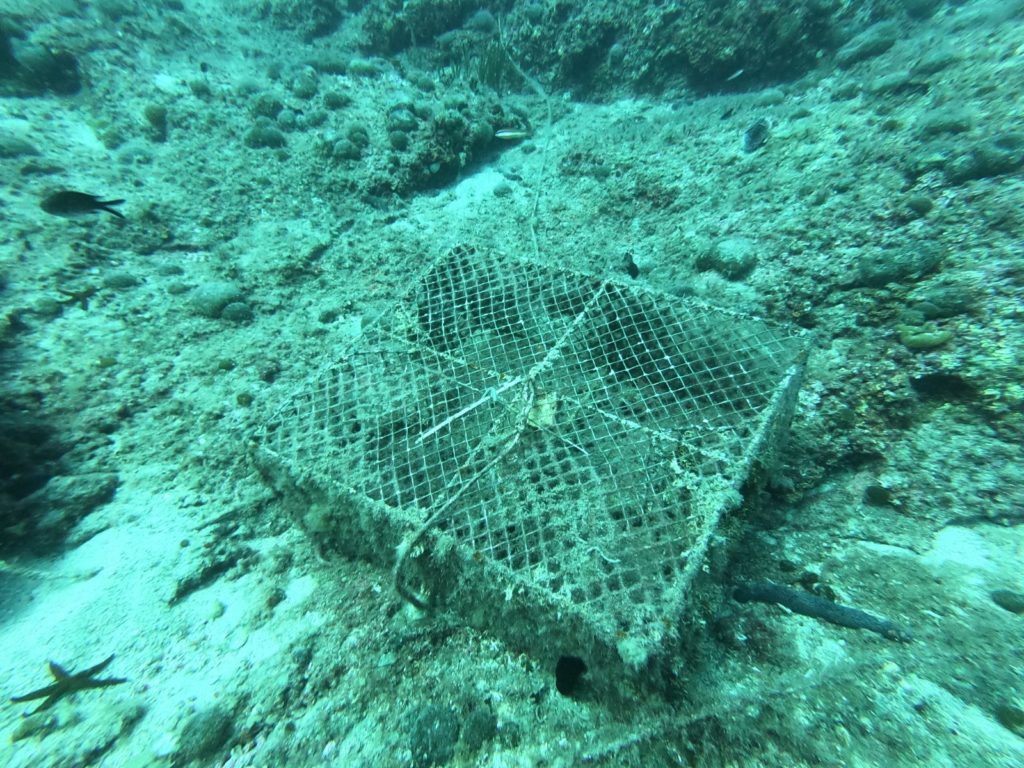
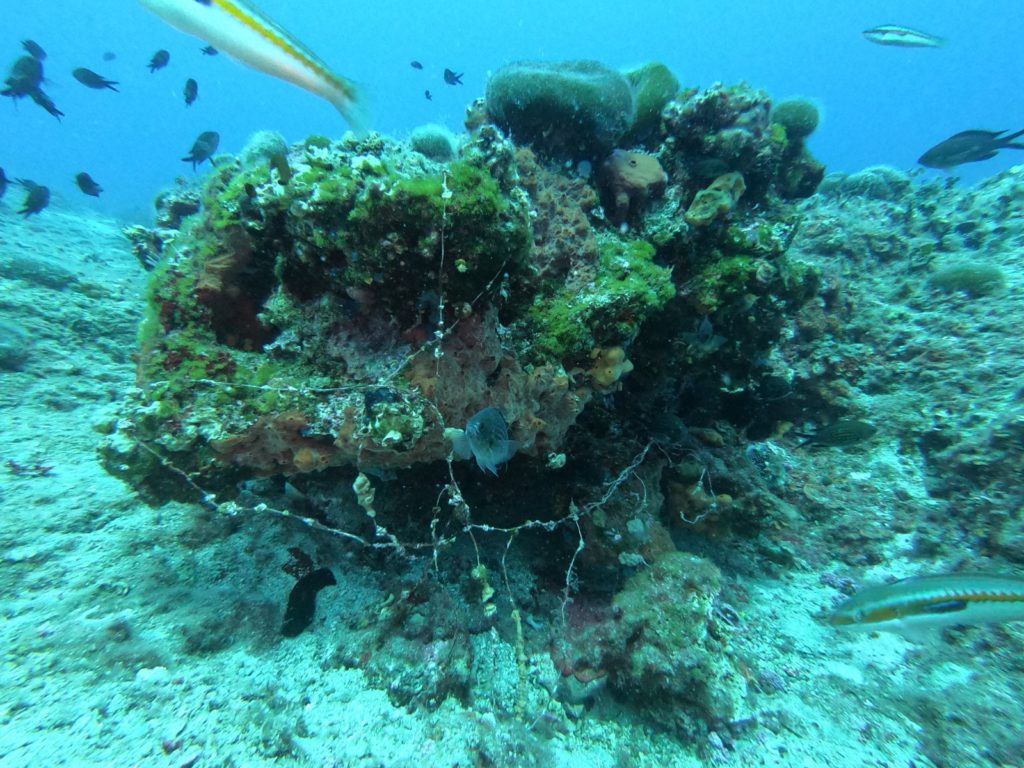
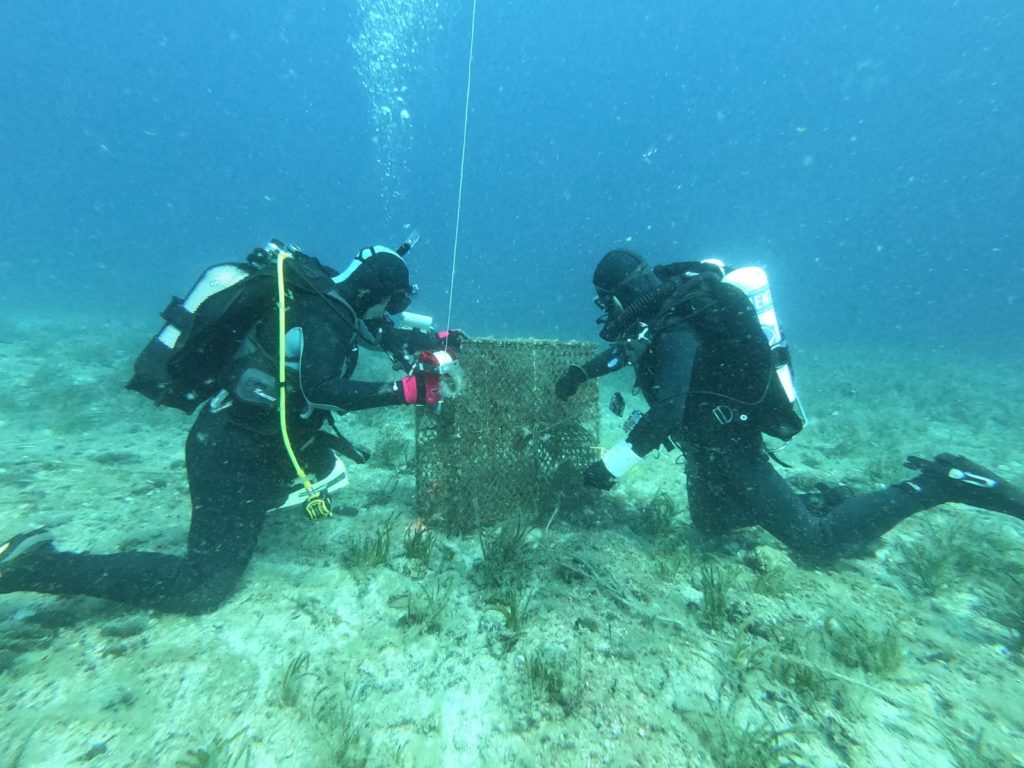
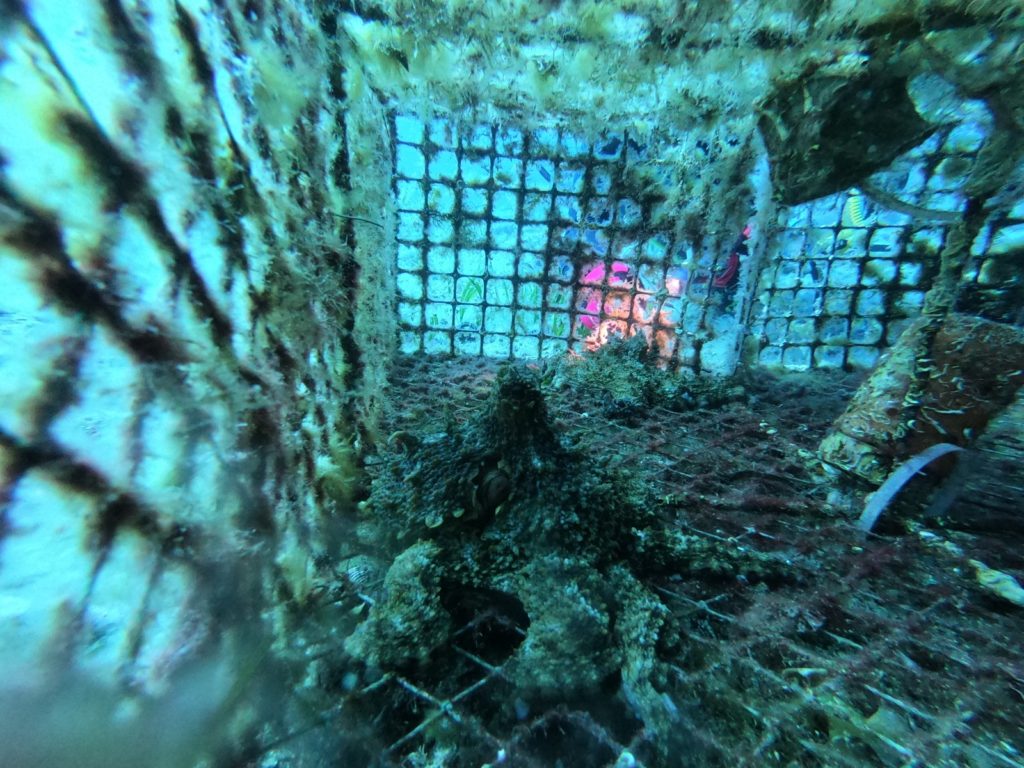
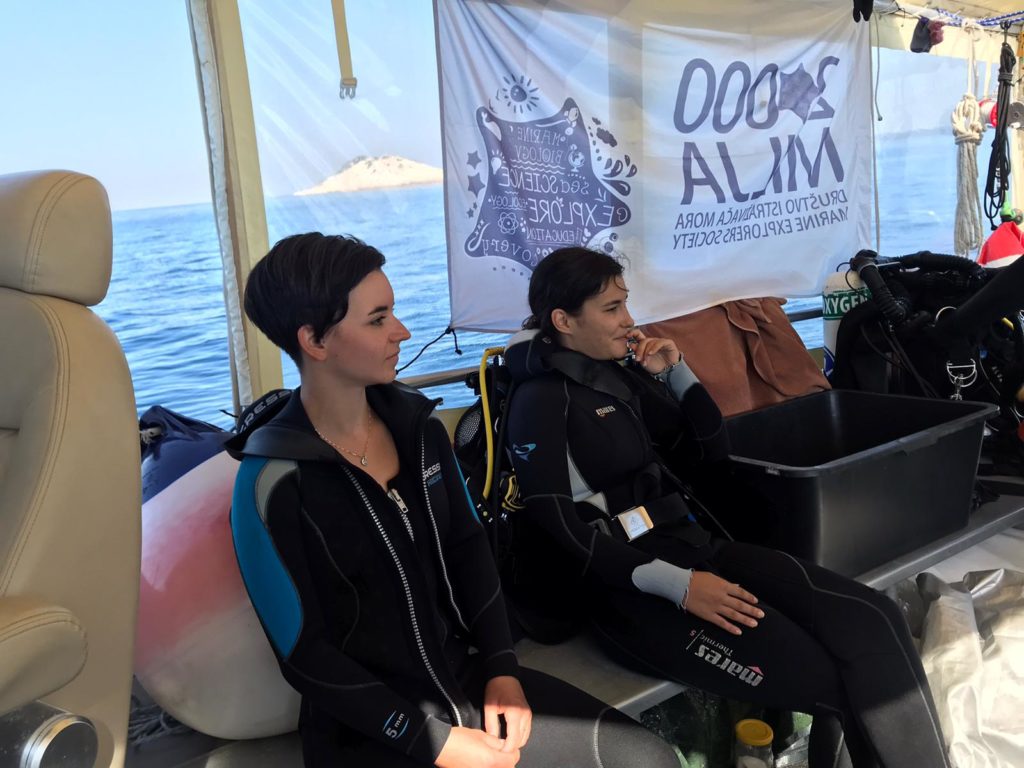
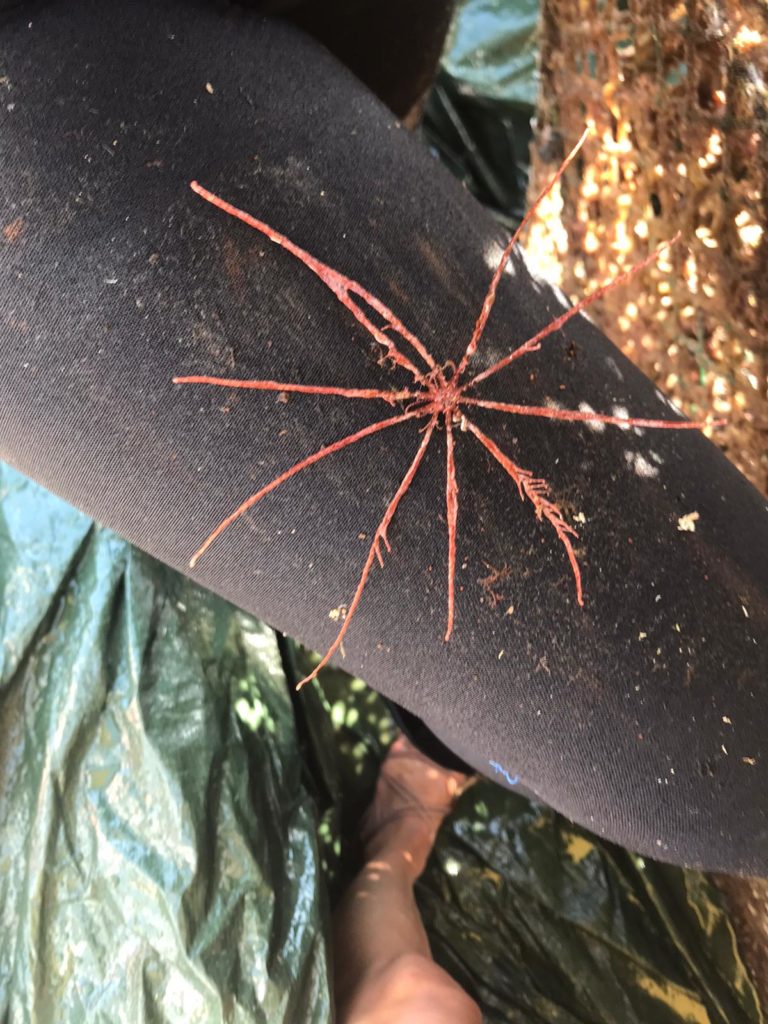
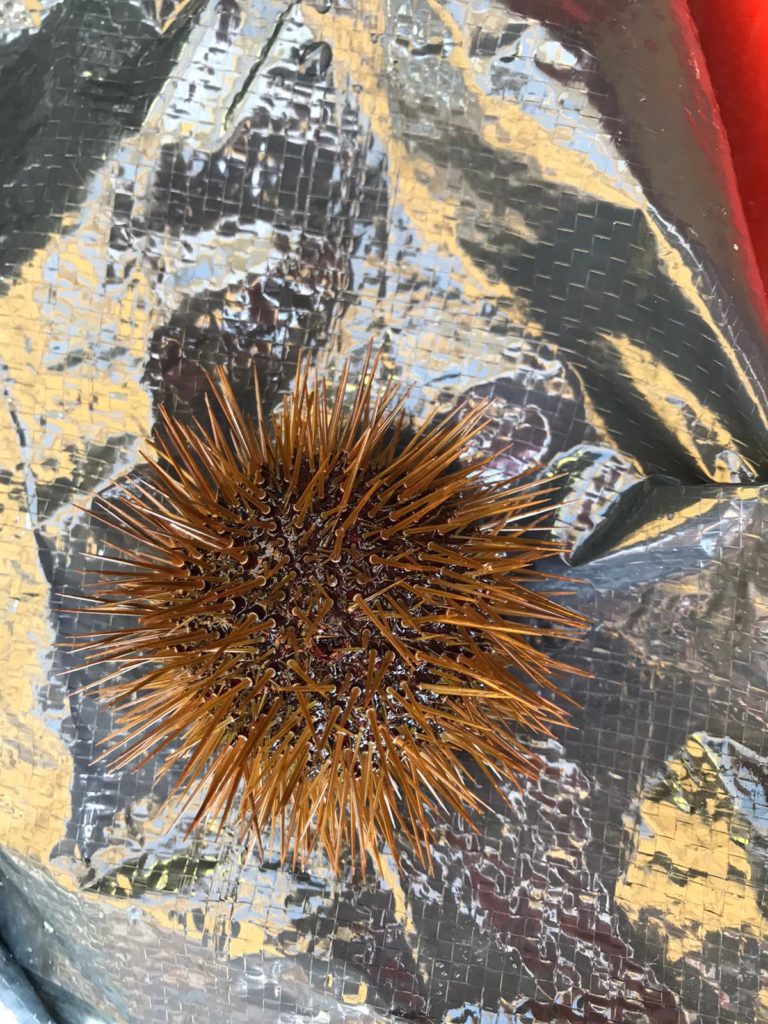
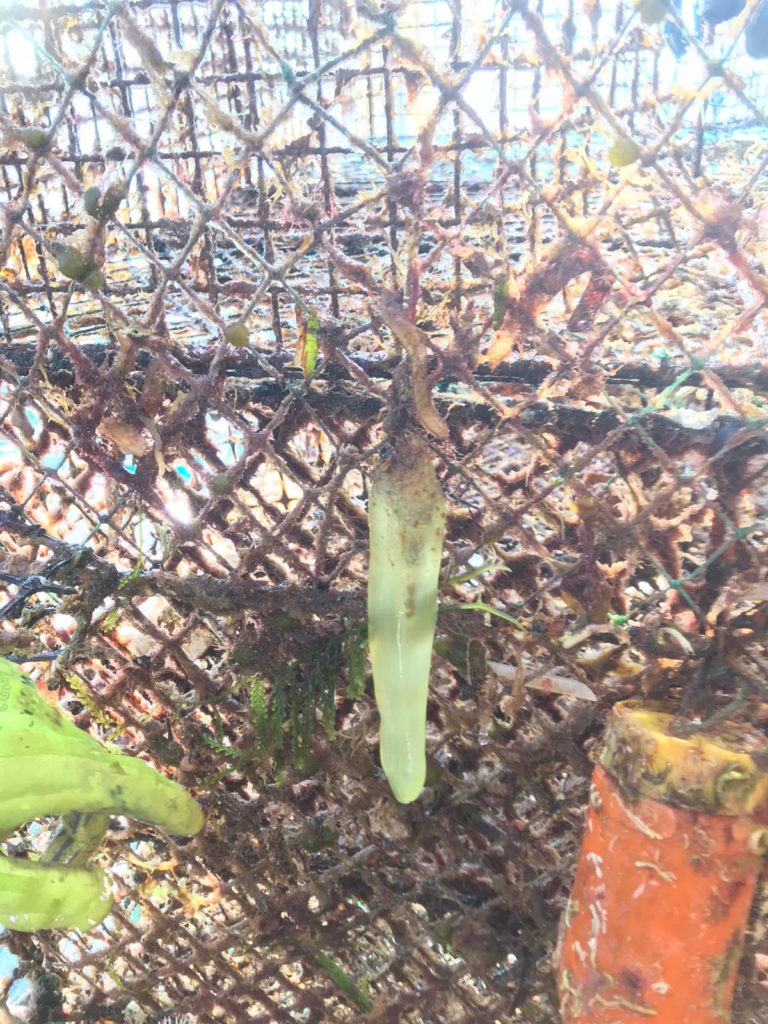
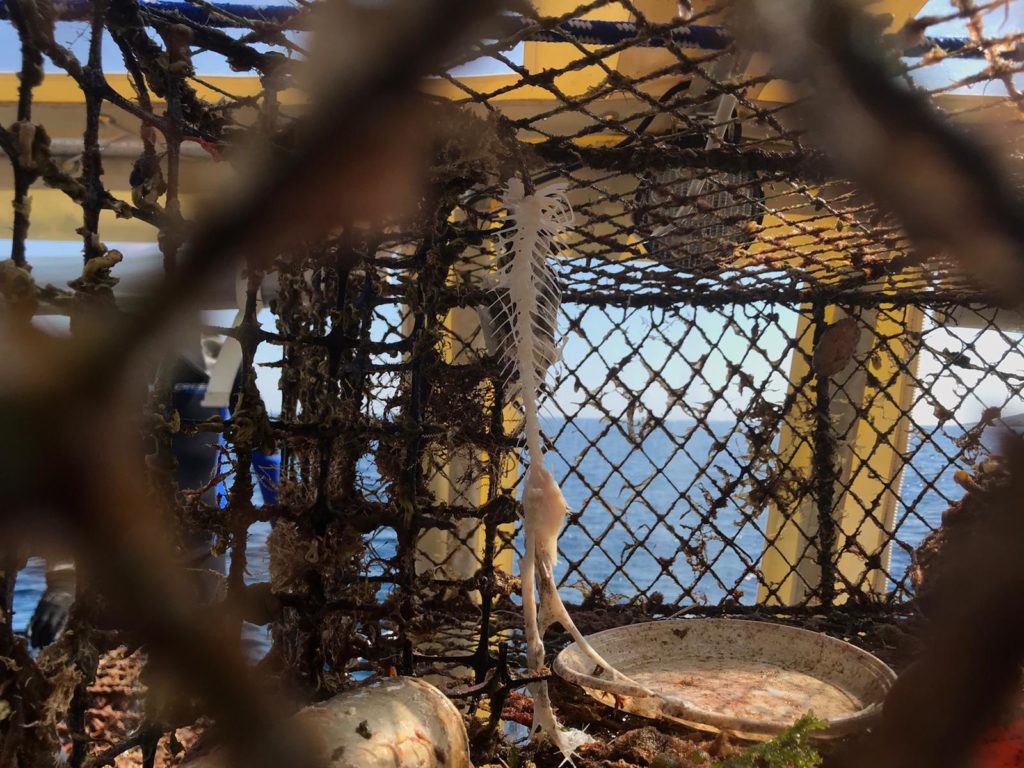
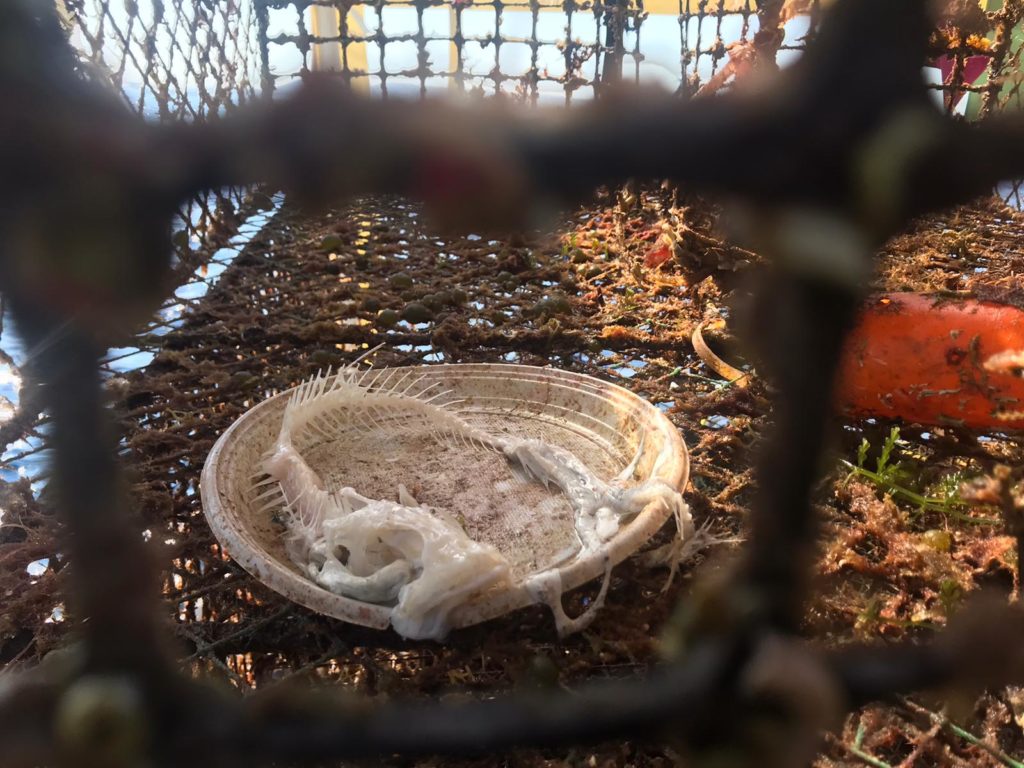
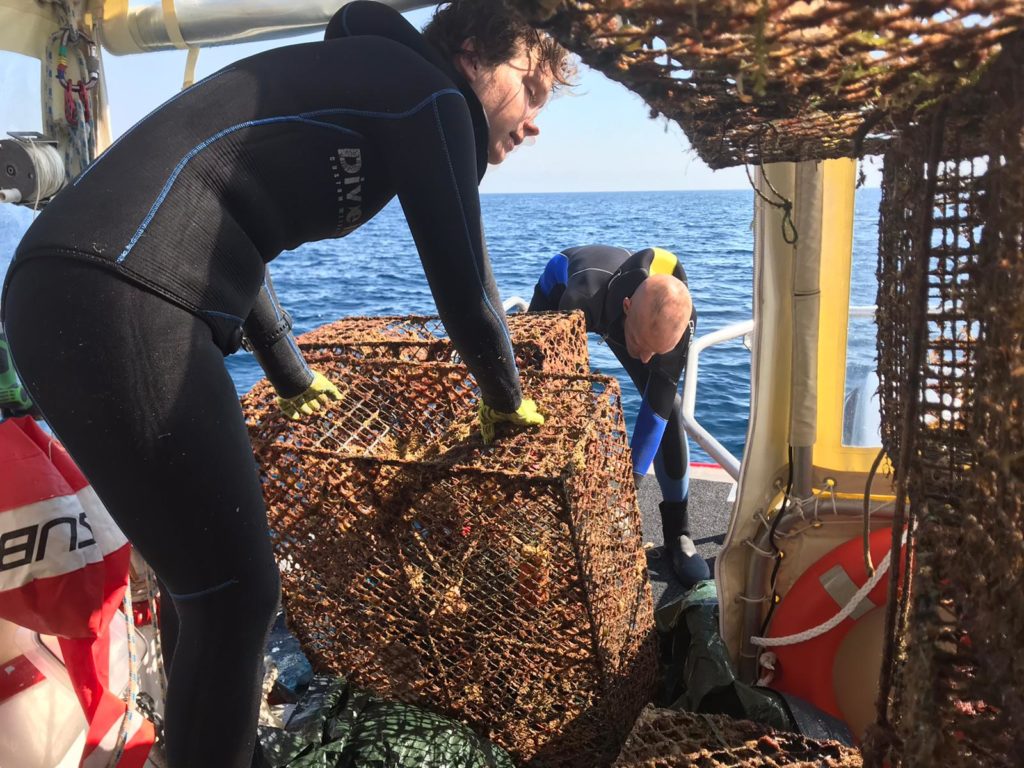
The activities of this program are part of the Society’s 20,000 Leagues initiative “TOGETHER AGAINST MARINE LITTER” and the project “Fishing for ghost nets” Society 20,000 Leagues whose implementation is co-financed by the Environmental Protection and Energy Efficiency Fund. Let’s protect the environment together – co-financed by the Environmental Protection and Energy Efficiency Fund.
The content of this program is the sole responsibility of the Society 20,000 leagues and under no circumstances can it be considered as a reflection of the position of the EPEEF and HEP.
The project partners are NGO Aurelia and BIUS.

2025 © Marine Explorers Society 20.000 leagues. ALL Rights Reserved.
